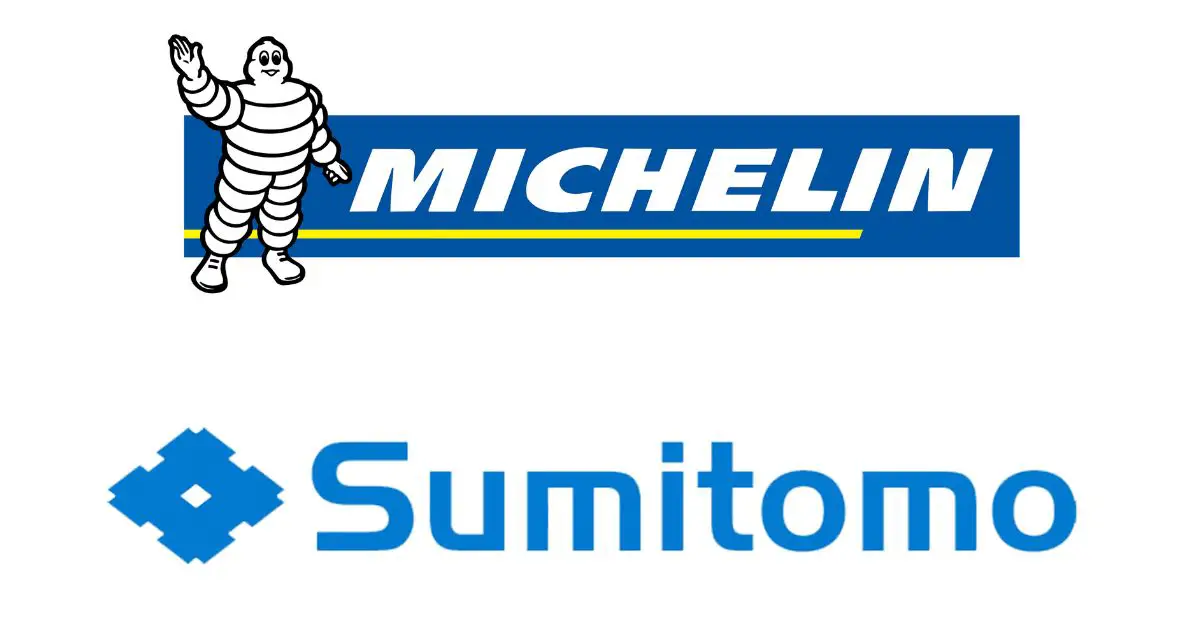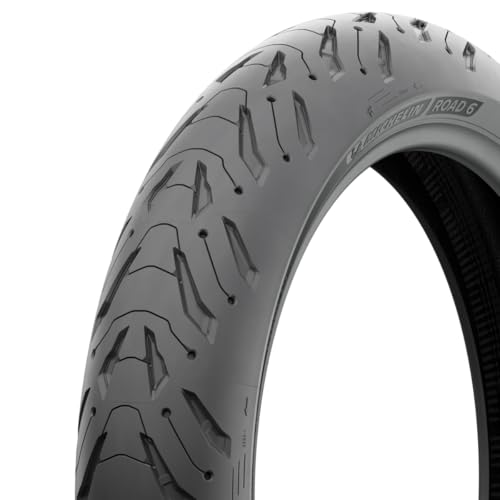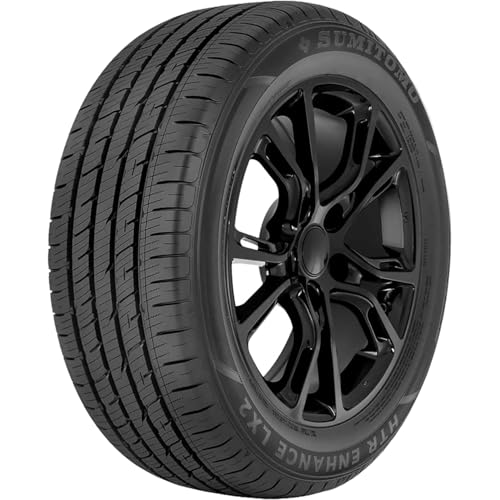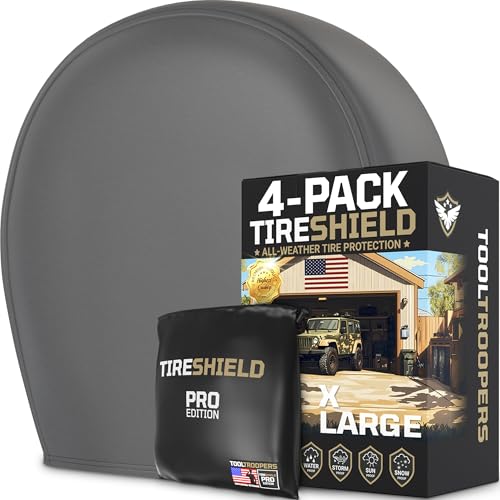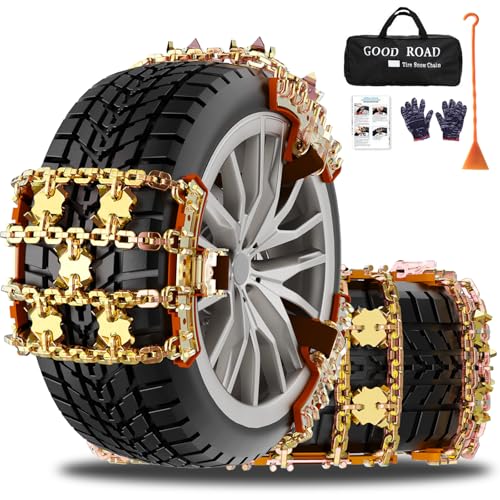Choosing the right tires for your vehicle can feel overwhelming with so many brands vying for your attention. Among the top contenders, Sumitomo and Michelin stand out for their reputation and performance. But how do you decide which is the better option for your needs?
In this article, we’ll dive into a detailed comparison of Sumitomo and Michelin tires, examining key factors like durability, performance, and value for money. Whether you’re a daily commuter or a weekend adventurer, understanding these differences will help you make an informed decision and ensure your ride is smooth and safe.
Overview of Sumitomo Tires and Michelin
Consider brand and history when choosing tires. Sumitomo and Michelin offer distinct features and legacies that influence their products.
Sumitomo Tires: Brand and History
Sumitomo Tires, part of the Sumitomo Rubber Industries, has been in the tire industry for over 100 years. The company started in 1909, focusing on innovation and quality. Known for advanced technology, Sumitomo integrates performance and safety into their tire designs. With a global presence, the brand ensures reliable products tailored for a variety of vehicles.
Michelin: Brand and History
Michelin, founded in 1889, is a leading tire manufacturer globally. The company earned a reputation for durability and performance, consistently pushing the envelope in tire technology. Michelin’s commitment to sustainability and innovation has led to numerous advancements, such as the development of run-flat tires and fuel-efficient models. Their extensive range of products caters to different driving needs, making them a popular choice worldwide.
Tire Technology and Innovation
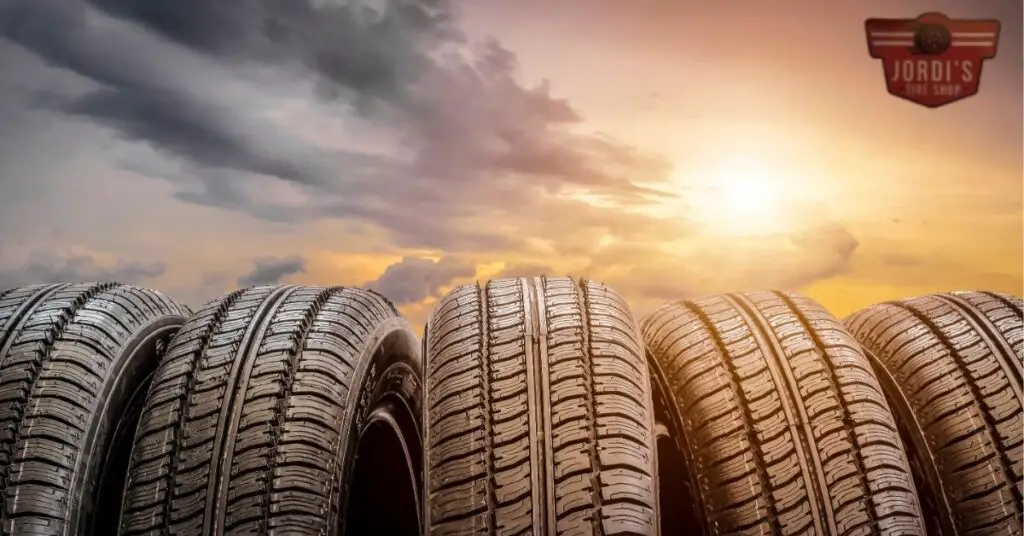
Sumitomo Tires Technology
Sumitomo integrates advanced technology to enhance tire performance and safety. The company’s engineers focus on creating high-quality tires using state-of-the-art materials and design methods.
- High-Density Rubber Composite: Sumitomo uses specific rubber composites to increase durability and grip. This technology ensures longer tread life and improved traction on wet and dry surfaces.
- 3D Sipes: These small slits in the tread block add extra biting edges, improving grip and performance in various conditions. The 3D design provides stability and reduces uneven wear.
- Heat Control Technology: Sumitomo’s tire structure incorporates technology to dissipate heat, maintaining consistent performance. Heat reduction also extends the tire’s life by minimizing wear caused by high temperatures.
Michelin Innovation
Michelin is known for its commitment to creating durable, high-performing tires with an emphasis on sustainability. The company’s innovations focus on improving safety, longevity, and fuel efficiency.
- EverGrip Technology: This innovation maintains superior grip even as the tire wears. It includes expanding grooves and a high-traction compound that provide consistent performance throughout the tire’s life.
- Selfseal Technology: Michelin employs a proprietary sealant material inside the tire. This material automatically seals punctures up to 6mm in diameter, reducing the risk of blowouts and maintaining air pressure.
- Silica-Based Compounds: Michelin uses silica in its tire compounds to enhance wet traction and reduce rolling resistance. This compound’s properties improve handling and contribute to better fuel economy.
By focusing on advanced materials and innovative designs, both Sumitomo and Michelin offer cutting-edge technology to meet diverse driving needs.
Performance Comparison
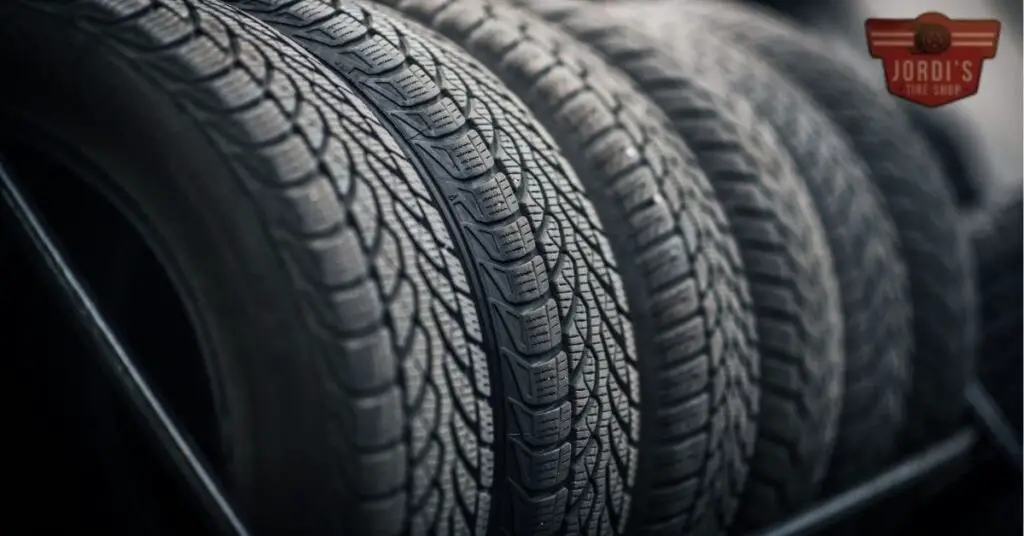
Sumitomo and Michelin tires each offer unique performance benefits. Evaluating road performance and durability helps make an informed choice.
Road Performance
Sumitomo tires excel in various weather conditions using high-density rubber composites and 3D sipes. These features provide enhanced traction on wet and dry surfaces. For example, the Sumitomo HTR A/S P02 tire exhibits superior performance in all seasons.
Michelin tires, recognized for their EverGrip technology, offer excellent grip even as they wear down. Silica-based compounds in Michelin tires improve fuel efficiency and safety. For instance, the Michelin Premier A/S tire delivers consistent traction throughout its lifespan, especially in wet conditions.
Durability and Wear
Sumitomo tires boast impressive durability through heat control technology that reduces wear and tear. These tires often outlast their expected mileage, making them a cost-efficient choice. The Sumitomo Touring LS T tire, for instance, has a long tread life confirmed by consumer reviews.
Michelin tires, using Selfseal technology, minimize the impact of punctures and promote even wear. This increases their longevity and provides peace of mind. An example is the Michelin Defender T+H tire, recognized for its extended tread life and reliable performance over thousands of miles.
| Parameter | Sumitomo | Michelin |
|---|---|---|
| Key Technologies | High-density composites | EverGrip, Selfseal |
| Weather Performance | Best in all conditions | Superior in wet conditions |
| Fuel Efficiency | Moderate | High due to silica |
| Expected Tread Life | Long | Very long, even wear |
Both brands offer quality tires tailored to different needs. Evaluate your priority—whether it’s road performance in diverse conditions or extended durability—to make the best choice.
Customer Satisfaction and Reviews
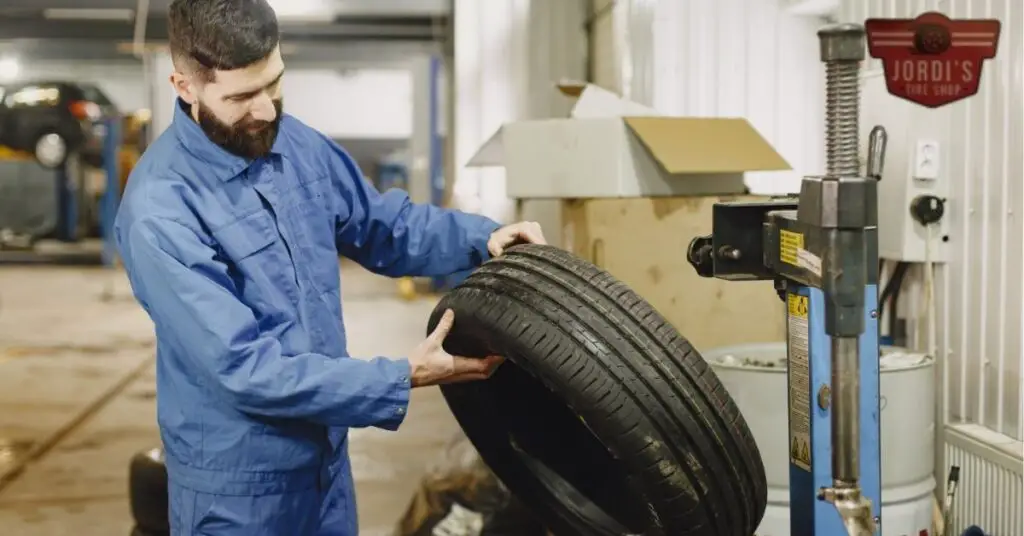
Customer satisfaction plays a crucial role when choosing between Sumitomo and Michelin tires. Reviews give you an insight into real-world performance and user experiences.
Sumitomo Tires Reviews
Sumitomo tires receive positive feedback for affordability and durability. Users often praise their performance in various weather conditions, including rain and snow. On sites like Tire Rack, reviewers highlight the longevity of Sumitomo tires, noting they maintain performance over extended periods without significant wear. Complaints are rare, but some users mention noise and minor vibration issues, particularly with older tire models.
Michelin Reviews
Michelin tires consistently receive high ratings for quality, performance, and safety. Customers appreciate the smooth ride and excellent traction, especially in wet conditions. Feedback from platforms like Consumer Reports indicates that Michelin tires often exceed expectations in longevity, with many users getting more mileage than initially estimated. Although mostly positive, some reviews mention higher costs compared to other brands. However, many users find the investment justified given the top-tier performance and reliability.
Price and Value for Money
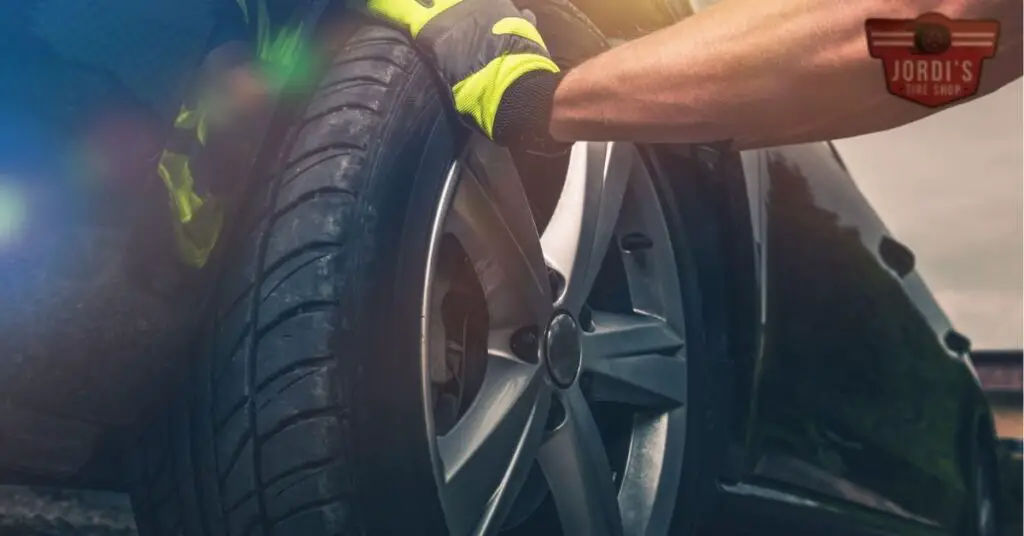
Choosing between Sumitomo and Michelin often comes down to cost and perceived value. Both brands offer various price points, but the overall costs and benefits differ.
Costs of Sumitomo Tires
Expect Sumitomo tires to offer a more budget-friendly option. Prices generally range from $60 to $150 per tire, depending on the model and size. Sumitomo tires are praised for delivering solid performance and durability at these lower prices. You can get good quality without breaking the bank, making them ideal if price is a significant factor.
Costs of Michelin Tires
Michelin tires come at a higher cost, typically ranging from $100 to $350 per tire. The brand justifies these prices with superior technology, quality, and performance. Michelin tires often feature advanced materials and innovative designs, adding value through enhanced safety, longevity, and ride comfort. If you’re willing to invest more, Michelin’s higher upfront costs can translate to long-term savings through extended tire life and fewer replacements.
Conclusion
Choosing between Sumitomo and Michelin tires ultimately depends on your priorities and budget. Sumitomo tires offer a balance of affordability, durability, and solid performance, making them a great choice for budget-conscious drivers. Michelin tires, though more expensive, provide superior technology, exceptional quality, and enhanced safety features, potentially leading to long-term savings.
Both brands have their strengths and cater to different needs. Consider what matters most to you—whether it’s cost, performance, or longevity—when making your decision. By weighing these factors, you’ll find the tire brand that best suits your driving needs and ensures a safe, comfortable ride.
Related Posts:
- Arroyo vs Michelin Tires: Performance, Price & Value Compared
- Pirelli Scorpion WeatherActive vs Michelin CrossClimate 2: Wet Handling & Fuel Efficiency
- Pirelli Scorpion AS Plus 3 vs Michelin CrossClimate 2: Dry, Wet, Snow Performance Compared
- Michelin Defender 2 vs CrossClimate 2: Comprehensive Comparison on Performance and Sustainability
- Sumitomo Tires vs Michelin: A Detailed Comparison of Performance, Durability, and Price
- Toyo AT2 vs AT3: Comparing Features, Durability, and Pricing for Your Perfect Tire Choice
- Bridgestone WeatherPeak vs Michelin CrossClimate 2: Comprehensive Tire Comparison
- Michelin Defender 2 vs Bridgestone Alenza AS Ultra: Which Tire is Best for You?

